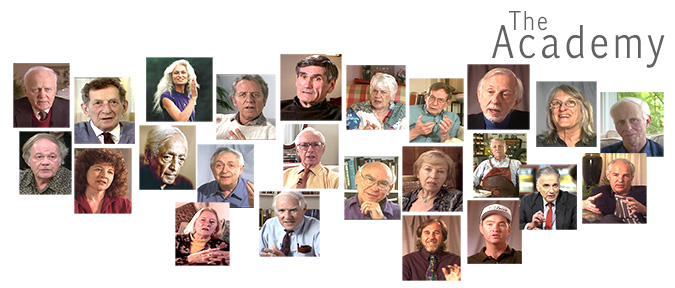Healing Birth, Healing The Earth
Birth, She is dying… This primal and unspeakably powerful initiation, the only road to motherhood for our ancestors, has been stripped of Her dignity and purpose in our times. Birth has become a dangerous medical disease to be treated with escalating levels, and types, of technological interventions.
What is worse, perhaps, is that the ecstasy of Birth – Her capacity to take us outside (ec) our usual state (stasis) – has been forgotten, and we are entering the sacred domain of motherhood post-operatively, even post-traumatically, rather than transformationally. These deviations from the natural order, whose lore is genetically encoded in our bodies, have enormous repercussions.
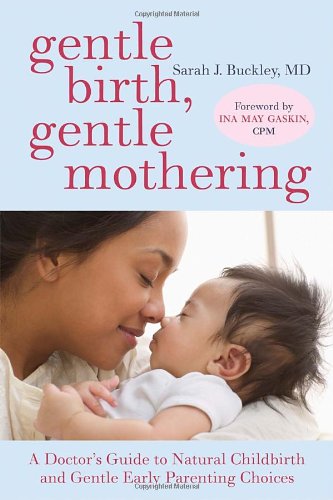 We live in a society where new mothers have unprecedented levels of distress and depression. Where our babies, with their colic, reflux, and ‘sleep problems’, are also having their distress medically treated. Where depression and anxiety are among the largest burdens of disease worldwide, according to the World Health Organisation, and where children as young as 4 are being diagnosed with these conditions. And where our young people, at the prime of their lives, are choosing in large numbers to opt out, with mind-altering drugs, or to opt out permanently through suicide.
We live in a society where new mothers have unprecedented levels of distress and depression. Where our babies, with their colic, reflux, and ‘sleep problems’, are also having their distress medically treated. Where depression and anxiety are among the largest burdens of disease worldwide, according to the World Health Organisation, and where children as young as 4 are being diagnosed with these conditions. And where our young people, at the prime of their lives, are choosing in large numbers to opt out, with mind-altering drugs, or to opt out permanently through suicide.
More than this, we have set ourselves as a species on the road to self-destruction through our despoiling of our collective mother, the Earth. The havoc that we wreak through waste and greed has many parallels with our treatment of mothers and babies, and our primal environment, which is our mother’s womb.
And just as we have pitted ourselves against the Earth, forgetting that we are interdependent, so too have we begun to pit the ‘rights of the baby’ against the ‘rights of the mother’, imagining a separation, a competition, that does not and cannot exist.
The wounds of Birth and of the Earth are severe. But as the Goddess Hygieia tells us, “The wound reveals the cure”. My belief is that we are suffering in birth from lack of passion, of love, of surrender and of a misunderstanding of our own power, and that these qualities can provide us with a way of healing birth, and, at the same time, healing the earth.
Passion
We all began our lives in a passionate act. Our human bodies crave the intensity and pleasure that sex brings, and many cultures have recognised the capacity for healing that is inherent in the sexual act. Why is sex so powerful? As well as giving us the potential to create new life – the ultimate power -– sex involves peak experiences, and peak hormone levels, of love, pleasure and excitement. These hormones – the body’s chemical messengers – and their actions are exactly the same as those of birth.
In other words, giving birth is, inherently and hormonally, a passionate and sexual act. From the perspective of hormone levels in both mother and baby, we could say that it is the most passionate experience that we will ever have.
Oxytocin, the hormone of love, builds up during labour, reaching peak levels at the moment of birth, creating loving, altruistic feelings between mother and baby. Endorphins, hormones of pleasure and transcendence, also peak at birth, as do the fight-or-flight, or excitement hormones adrenalin and nor-adrenaline, (epinephrine and norepinephrine) which, as well as protecting the baby from lack of oxygen in the final stages of birth, ensure that mother and baby are both wide-eyed and alert at first contact. Prolactin, the mothering hormone, helps us to surrender to our babies, giving us the tenderest of maternal feelings as our reward.
But these passionate hormones are not just feel-good add-ons. They actually orchestrate the processes of birth (and sex) and enhance efficiency, safety and ease for both mother and baby, and their crescendo at birth is, in other species (all mammals share the same hormones) a necessary pre-requisite in switching on instinctive mothering behaviours. Furthermore, this hormonal cocktail rewards birthing mothers with the experience of ecstasy and fulfilment, making us want to give birth again and again.
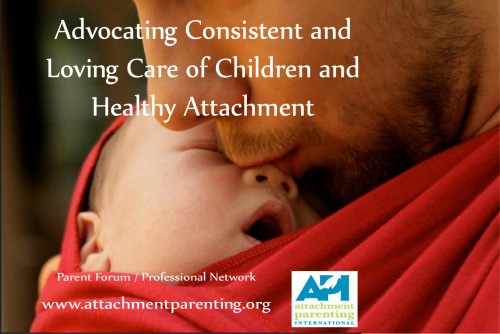 Not that birthing passionately means birthing painlessly. Giving birth is a huge event, emotionally and physically, and will make demands on the body equivalent to, for example, running a marathon. But when a woman feels confident in her body, well supported, and able to express herself without inhibition, the pain becomes just one part of the process, and something that she can respond to instinctively with resources such as breath, sound and movement.
Not that birthing passionately means birthing painlessly. Giving birth is a huge event, emotionally and physically, and will make demands on the body equivalent to, for example, running a marathon. But when a woman feels confident in her body, well supported, and able to express herself without inhibition, the pain becomes just one part of the process, and something that she can respond to instinctively with resources such as breath, sound and movement.
The problem in our times is that the passion of birth is not recognised, nor allowed for. Thus birth has become a dispassionate, medical event, usually occurring in a setting that discourages emotional expression. If we are to reclaim our birthing passion, we must firstly give ourselves permission to birth passionately, and choose a birth setting and birth attendants with this in mind. It is likely that our birth in these circumstances will be easier, helping us to step into new motherhood gently and gracefully.
Passion is, to my mind, an opposite, and an antidote, for despair and depression. This is clear physiologically and hormonally. If we give birth, and are born, in passion, how different would our primal emotional imprint be? And what about our brain chemistry, which is being set even as we are born? Some studies have linked exposure to drugs and procedures at birth with an increased risk of drug addiction, suicide and anti-social behaviour in later life, and other commentators have suggested that contemporary problems such as learning disorders and ADHD may also be linked to drugs and interventions at birth.
As a birthing mother, I have both seen and experienced the enormous passion that can be unleashed at birth, and which can fuel both passionate motherhood and a lifetime’s work on behalf of mothers, babies and the earth, and I ask: Can we afford, as a species, to be born, and to give birth, dispassionately?
Love
Passion and love are as powerful a combination at birth as they are in sexual activity. And in birth, as in sex, we release oxytocin, the hormone of love, in huge quantities. Here again, our hormones are directing us towards optimal and ecstatic experiences, yet this system is also vulnerable to interference.
For example, a labouring woman’s production of oxytocin is drastically reduced by the use of epidural pain relief – this is the reason why epidurals prolong labour. And even when an epidural has ‘worn off’, her oxytocin peak, which causes the powerful final contractions that are designed to birth her baby quickly and easily, will still be significantly lessened- and she is more likely to have her baby pulled out with forceps, as a result.
The drug syntocinon, which has been called the most abused drug in obstetrics, is also implicated. It is a synthetic form of the hormone oxytocin, and is used for induction and for augmentation (or acceleration) of labour; almost half of women giving birth in Australia at present receive large doses of this drug in labour for one of these reasons.
When a labouring woman has syntocinon administered by drip, for induction or augmentation, her body will detect high levels of this drug in the bloodstream and her brain will respond by cutting down the release of her own oxytocin. We know that women in this situation are vulnerable to haemorrhage after birth because of this, and even more syntocinon becomes necessary to counter that risk. However, we do not know the psychological effects of giving birth without the peak levels of oxytocin that nature prescribes for all mammals.
French surgeon and natural birth pioneer Michel Odent believes that when a baby initiates his own birth, he may be training himself to secrete his own hormone of love. Odent also notes our society’s deficits in our capacity to love self and others, and he traces these problems back to the time around birth, and especially to interference with the oxytocin system.
I had a very powerful experience of oxytocin as the hormone of love while labouring with my fourth baby, Maia Rose. As the waves of labour strengthened, I found myself looking into the eyes of my beloved, telling him “I love you, I love you, I love you…” peaking and subsiding with each wave. This ecstatic experience has created more love in my heart, in our relationship and in our family, and has taught me, in a very physical way, that giving birth is also making love.
Surrender
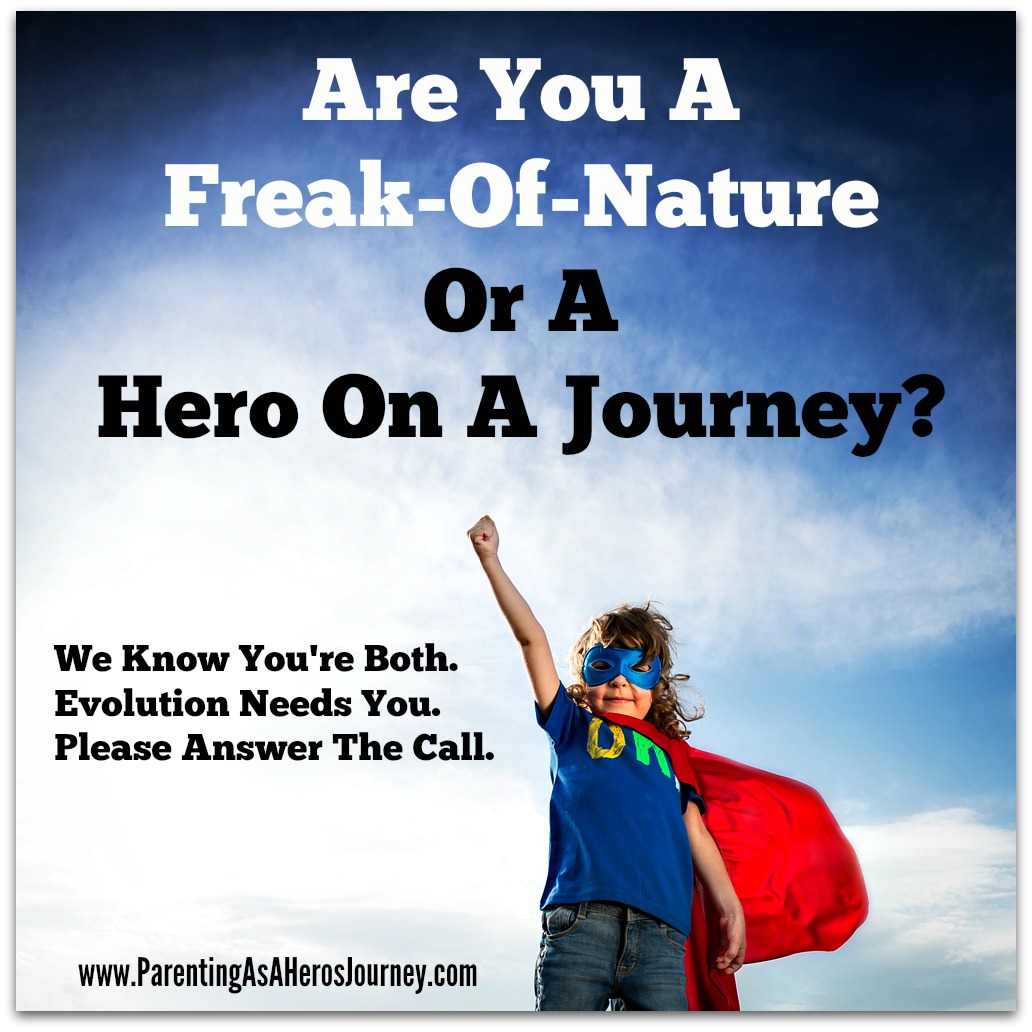 Surrender is not a popular virtue. In fact, surrender is seen as a weakness in our culture, where we are universally encouraged to be active and in control of our lives. This very yang, or masculine attitude, may serve us in some circumstances, but we cannot birth our babies through sheer force of will, and we need to learn the more subtle – yet equally powerful – path of surrender.
Surrender is not a popular virtue. In fact, surrender is seen as a weakness in our culture, where we are universally encouraged to be active and in control of our lives. This very yang, or masculine attitude, may serve us in some circumstances, but we cannot birth our babies through sheer force of will, and we need to learn the more subtle – yet equally powerful – path of surrender.
I sense that, for modern women, difficulty with surrender can reflect a lack of confidence in our bodies. This is not surprising, when our society is distrustful of the natural order in general, and women’s bodies in particular. This view is further reinforced by the obstetric model, with its long lists of all that can possibly go wrong with our birthing bodies, and its myriad of technological fixes to rescue us from even the remotest possibility of danger.
Along with this forgetting of the awesome but natural power of our female bodies, we have also lost our birthing Goddesses and Saints, who have, for millennia, guided women through this transition, where the veil between life and death is at its thinnest. Today, this guidance is available to us, when and if we need it, in the living form of a midwife: a woman who has pledged to be with (mid) women (wyfe) in birth. A good midwife can remind us by her presence that we carry genetically the birthing successes of all our foremothers, and that we know already how to give birth.
As midwife and author Jeannine Parvati Baker reminds us, giving birth is women’s spiritual practice, requiring “purity in strength, flexibility, health, concentration, surrender and faith”. (Prenatal Yoga and Natural Childbirth – see below). It is also said that to be consciously present at birth is equivalent to seven years of meditation. When we birth consciously, putting our great rational mind on hold, and allowing our instinctive nature to dominate, we can access the wisdom that all spiritual traditions teach: that the ego is our servant, not our mistress, and that our path to ecstasy and enlightenment involves surrendering our egoic notions of control. This level of surrender will also serve us well in our many years of motherhood.
When we surrender conscious control, we also allow our deeper innate rhythms to surface: this can be a profound experience for a birthing woman. In allowing her labour to go at its own pace, without hurry or interference, a woman learns to trust her own, and her baby’s, natural rhythms. Such trust is another gift, another way in which nature ensures optimal mothering, and enhanced survival, for our young.
In surrendering to birth, we also learn about our role on the earth: we are not the rulers, nor the architects, of creation. Life comes through us, simply and gracefully, when we allow it.
Can we afford, as a species, to be born, and to give birth, dispassionately?
Power
It is easy to say that our problems in birth stem from the excessive power of the medical system and its agents, and a lack of power by the birthing woman. However, a deeper analysis is necessary, I believe, because the time has come to dispel this idea of a power imbalance and to assert our innate authority in birthing.
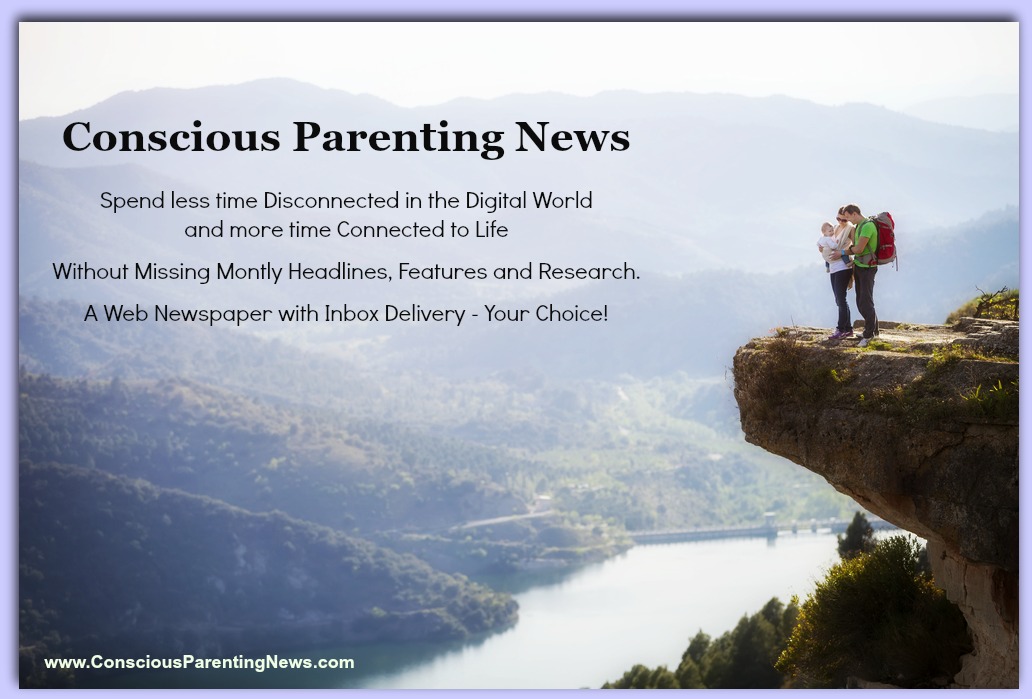 We live in a culture that prizes, and puts its faith in, technology. We reward those, such as doctors, who are masters of technology, and indeed, we are fortunate to have their skills available to us when we need them. And even though we may want less technology in ‘normal birth’, we are witnessing more and more litigation against obstetricians, almost all of which blames them for not using enough technology.
We live in a culture that prizes, and puts its faith in, technology. We reward those, such as doctors, who are masters of technology, and indeed, we are fortunate to have their skills available to us when we need them. And even though we may want less technology in ‘normal birth’, we are witnessing more and more litigation against obstetricians, almost all of which blames them for not using enough technology.
Along with technology, we also prize information. In pregnancy and birth, becoming ‘informed’ is equated with being ‘responsible’, both of which are strongly encouraged culturally, yet there is also a price to pay. We can have all of the information in the world, but we cannot predict our experiences in birth. And we diminish our own authority in birthing and in mothering – we disempower ourselves – when we put more faith in information from the outside (tests, scans, other’s opinions) than our own internal knowing of our bodies and our babies.
The truth is that our babies are constantly ‘informing’ us of their needs and desires, and how we can best care for them. This is a physiological reality, the placenta is continually communication with our bodies, transferring blood and nutrients and organising, via the placental hormones, our bodies and our psyches for the optimal and specific mothering that this baby requires. In the same way, our cravings, yearnings, dreams and inclinations in pregnancy can be communications from our babies, and show us the deeper ways of knowing that are richer and more true, even if less numerical or detailed, than information from the outside such as medical tests.
In fact, from the very beginning, when we first suspect that we are creating new life in our womb, we can use this ancient ‘system’, and allow our bodies, rather than a technological test, to inform us. Often, the truth of our bodies will unfold gradually, allowing us the space to learn and adapt at our own pace and giving us opportunities for reflection and dreaming.
When we choose this traditional women’s path, the path of all our foremothers, we discover, and reinforce, an inalienable trust and power in ourselves and our female bodies. This deep faith is the best preparation possible for birth, and is also, to my mind, the basis of true responsibility – we are able to respond with our own truth. We also become able to use the medical system, if we choose, without giving away our power.
Beyond this, when we tap into women’s ways of knowing, we open channels of communication with our babies, enhancing the psychic powers of communication that nature intends for mothers of all species. Mothering can become a meditation, a deep mindfulness that is satisfying spiritually as well as physically and emotionally: again, I believe that this is nature’s intent, and a possibility for all of us.
How would it be to live in a society where we are all, through giving birth or being birthed, in possession of our own power and our deep knowing? Where science and technology are our tools, rather than our masters? How differently would we treat our babies? How differently would we treat each other? How differently would we treat the earth?’
Birth is dying, but, like cells in Her body, we each have the power to enliven Her and to resurrect Her in all Her glory. What is needed, I believe, is the collective passion, love, surrender and power that we pour into the ether as we birth our babies.
And in healing birth, we are healing our Selves, our babies and the Earth.
With thanks to Jeannine Parvati Baker for many core ideas and phrases; ecstasy in birth, ‘healing the earth, healing birth’: ‘giving birth is women’s spiritual practice’ (from Prenatal Yoga and Natural Childbirth, Silver Anniversary Edition, Freestone Publishing/North Atlantic Books, 2000) and ‘the wound reveals the cure’, which is the canon of her Mystery school, Hygieia College .http://www.freestone.org. Thanks also, for inspiration and ideas, to Leilah McCracken (www.birthlove.com) Michel Odent, and Shivam Rachana and the International College of Spiritual Midwifery (www.vicnet.net.au/~icsm )
Published in byronchild/Kindred, Issue 3, September 2007
Photo by Shutterstock/Simon Hofer
